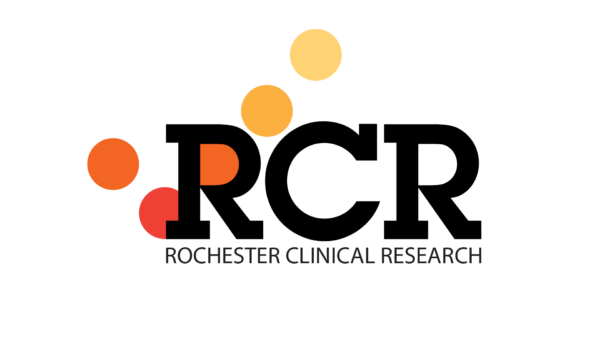Understanding HPV: The Virus, The Vaccine, and Why It Matters for Your Health

HPV, or Human Papillomavirus, is a highly prevalent virus that affects millions each year. In the U.S., approximately 42 million people are currently infected, with 13 million new cases reported annually. Most sexually active individuals will encounter HPV at some point, often without knowing it. While many types of HPV are harmless and resolve on their own, certain high-risk strains can lead to serious health issues, including various cancers, underscoring the need for awareness and prevention.
HPV comprises over 200 related viruses, categorized into low-risk and high-risk types. Low-risk types can cause warts but are not linked to cancer, whereas high-risk types are associated with several cancers, including cervical, throat, anal, penile, and vulvar cancers. Notably, over 90% of cervical cancers are attributed to HPV. According to the World Health Organization (WHO), HPV-related cancers affect 620,000 women and 70,000 men globally each year. Regular screenings, particularly for cervical cancer, are vital for early detection and treatment, highlighting the importance of proactive health measures.
The HPV vaccine is a crucial preventive tool, effective in reducing infections that can lead to cancer, especially when given before exposure to the virus. The CDC recommends vaccination for preteens aged 9-12, but it is also available for individuals up to 45 years old. Vaccination has shown remarkable results; in areas with high vaccination rates, infections and related cervical precancers have decreased by up to 90% among vaccinated individuals. Despite this, not everyone has received the vaccine, leaving some at risk for HPV-related health complications. Increasing awareness and access to the vaccine can further diminish the incidence of HPV-related cancers and enhance public health outcomes.
Ongoing clinical research on HPV is vital for understanding new advancements in prevention and treatment options for HPV-related diseases. At Rochester Clinical Research (RCR), we are committed to exploring innovative approaches to enhance public health outcomes. Studies consistently show that the HPV vaccine is effective in significantly reducing the risk of HPV infections and associated cancers. For individuals who haven’t yet been vaccinated, participating in clinical research can help expand knowledge and treatment options. The HPV vaccine has demonstrated success, with findings indicating up to a 90% reduction in infections and precancers among vaccinated populations, highlighting its critical role in health protection. By engaging in clinical trials, RCR contributes to the advancement of HPV research, ensuring that effective strategies are developed and made available to the community. Vaccination remains an essential step in safeguarding both individual and public health against HPV-related diseases.
If you or someone you know has not been vaccinated against HPV and is interested in learning more, consider joining our HPV vaccine study interest list. A recruiter at RCR will reach out to discuss your options and answer any questions you may have.
Link:
Sources: https://www.cdc.gov/hpv/about/index.html
https://www.who.int/news-room/fact-sheets/detail/human-papilloma-virus-and-cancer
The post Understanding HPV: The Virus, The Vaccine, and Why It Matters for Your Health appeared first on Clinical Studies Rochester, NY.